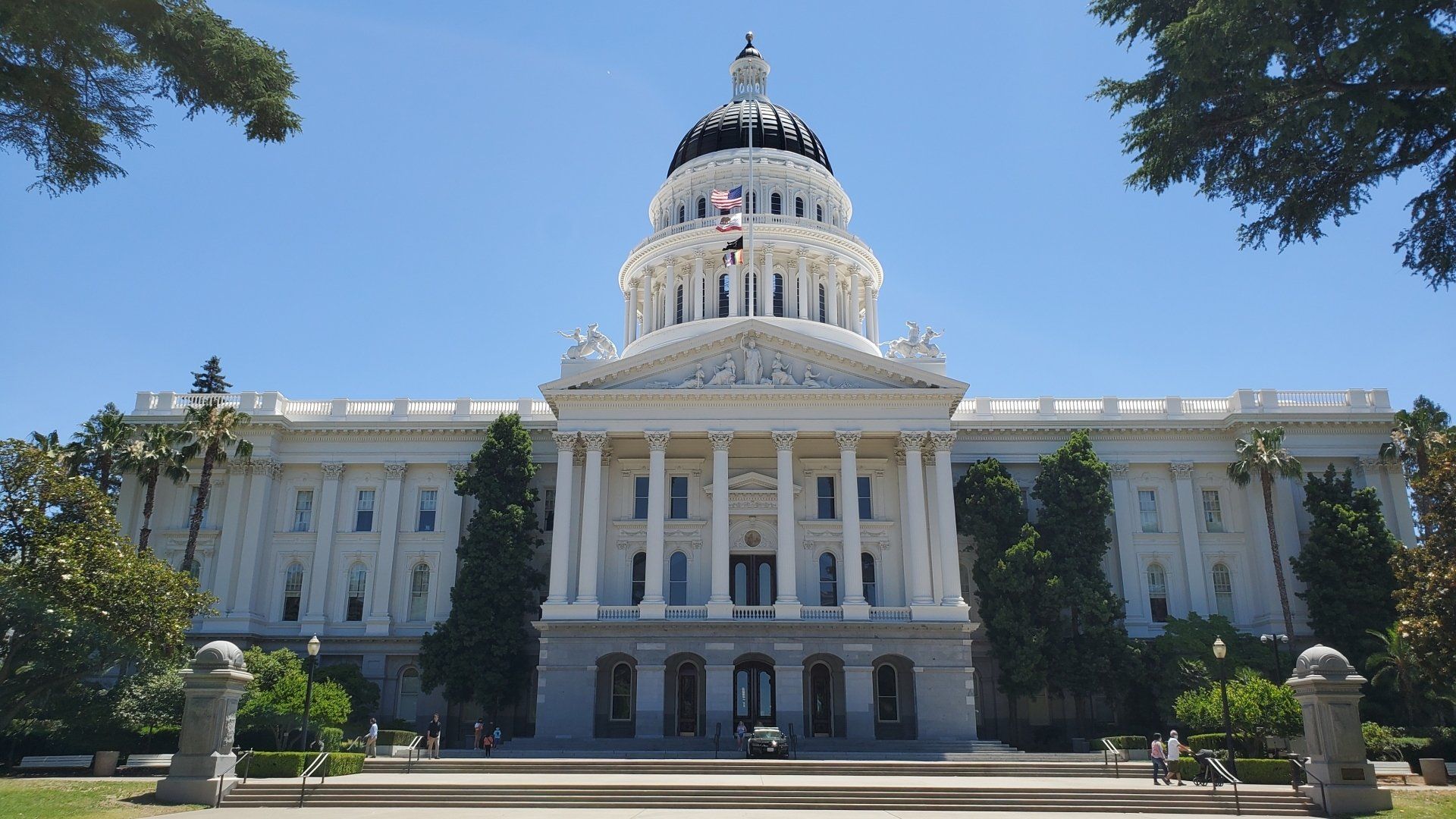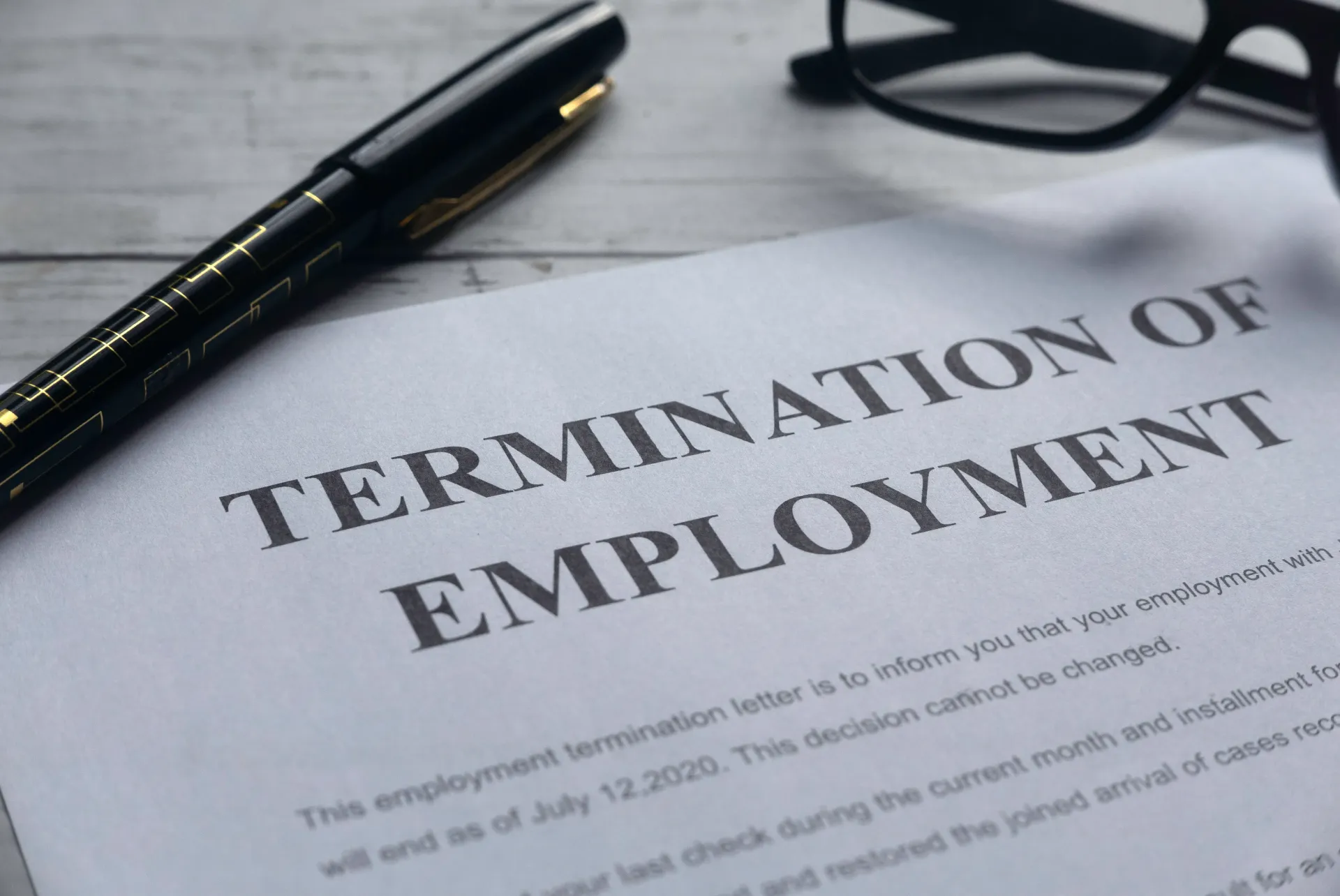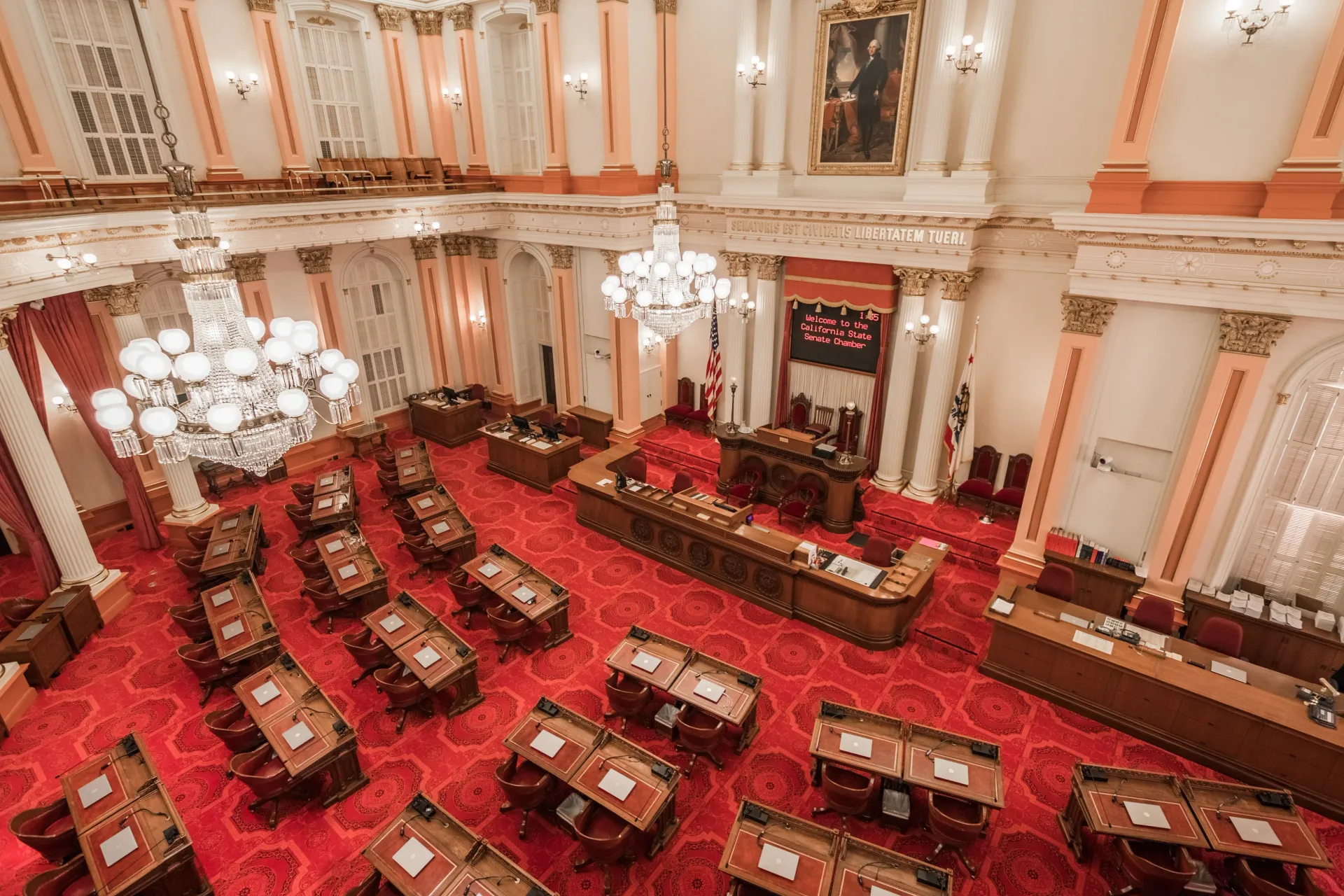Common violations reported to the Labor Commission
The most common complaints that workers file fall within two categories:
- Wage and hour complaints
- Discrimination and harassment complaints
Let’s take a closer look at government agencies and the workplace violations they handle under California labor law.
WHAT DOES THE CALIFORNIA LABOR COMMISSION DO?
Their stated mission is to “ensure a just day’s pay in every workplace in the State and to promote economic justice through robust enforcement of labor laws.” To achieve these goals, the Commission encourages and grants employees the right to report workplace violations to the oversight body.
The California Labor Commissioner
The agency investigates claims that they receive from workers throughout the state regarding the nonpayment of wages, overtime, or vacation pay. The agency has the legal authority to decide and resolve a large number of employment disputes. Upon receipt of a complaint, the Commissioner’s office assigns the complaint to a commissioner who will work with the parties to resolve the matter. If the parties cannot resolve the dispute, the Commission will review the claims and inform the parties of labor code violations committed by the employer. Based on their findings the California Labor Commissioner’s office will inform the employee and employer regarding any labor code violations.
WHAT KIND OF COMPLAINTS CAN BE REPORTED TO THE LABOR BOARD?
For the most part, this agency handles violations and disputes concerning wage and hour filings. These include:
- Unpaid wages and wage claims commonly referred to as “Wage Theft” claims
- Rest break and meal break violations
- Unpaid vacation
- Unreimbursed business expenses, and
- All similar complaints related to employee earnings
Wage and Hour Complaints
The more facts you can gather when filing a complaint with the Labor Commissioner the more efficiently your claim will be processed; more facts will also increase the chances of a successful outcome.
Here are some clear-cut examples of wage theft the Labor Commissioner handles:
- Being paid less than a legally-mandated wage
- Not receiving agreed upon wages (including regular wages, overtime, commissions, and piece rates for garment workers)
- Not being paid split-shift premiums
- Not receiving your final wages in a timely manner
- Not accruing or not being allowed to use paid leave or paid sick leave
- Not being paid your promised vacations or bonuses
- Unauthorized deductions from your pay
- Not being allowed to take required meal/rest breaks, or preventative cool-down breaks
- Owners or managers taking your tips
- Failing to be reimbursed for business expenses
- Receiving a paycheck that “bounced”
- Not receiving reporting time pay
- Failure to provide itemized wage statements
- Failure to provide timely access to your personnel file or payroll records
- Refusing to reimburse your mileage for driving from the office to a job site
- Failure to provide Workers’ Compensation insurance
- Misclassifying you as exempt from wage and hour requirements
- Misclassifying you as an independent contractor
FILING YOUR LABOR BOARD COMPLAINT
Claims can be filed online, by email, mail, or in person. All forms can be found here. Please note: California’s labor laws protect all workers, regardless of immigration status.
What you need to file a Labor Board complaint
All of the information and documents listed below will help determine if you were paid properly.
The California Labor Commissioner’s Office will need the name and address of the company or individual that you worked for—or currently work for—in order to process your claim. (Don’t forget: claims can be made against former employers.) There may also be other responsible parties who can be held accountable, such as any person acting as a supervisor or manager who may have also violated your rights.
To initiate the investigation you will first need:
- DLSE Form 1—”Initial Report or Claim” form
Along with this completed form, you should also submit these additional forms if any of the following situations apply:
- Time records you kept of the hours and dates worked that support your claim (examples: timesheets, work schedule, handwritten notes, text messages, print out of phone app recording time)
- Paychecks/pay stubs showing the wages paid during the claim period
- “Bounced” paycheck(s) during the claim period
- Any notice from your employer that shows rate of pay; overtime rate of pay; whether you were scheduled to be paid by the hour, shift, day, week, salary, piece, commission, or otherwise; also when was your regular payday scheduled
How long the complaint process takes
Various factors will alter the time period. Once your wage claim or hours violation is assigned to a commissioner (also referred to as a Deputy Labor Commissioner), they will determine, based on the circumstances of the claim, how to best proceed. Within 30 days of the filing, the deputy will notify the parties regarding the action(s) to be taken. Please note that many cases will be resolved informally before moving on in the process.
The steps in the complaint process
- Initial filing of your claim with associated forms
- Assignment of your claim to a deputy
- Referral for a conference (informal procedure, not under oath; the purpose of the conference is to determine if the claim can be resolved without a hearing)
- Referral for a hearing (formal procedure, witnesses testify under oath, the deputy will detail your legal rights and options prior to the hearing)
- Either party, or both, may appeal the decision to Superior Court
- Negotiate/collect an award from your employer (this can be facilitated by the commissioner or an attorney at LFECR)
Time limitations for reporting any and all workplace violations
Here are the time limits:
- Within one year for penalties regarding a bounced check or failing to provide access to, or a copy of, payroll or personnel records
- Within two years for an oral promise to pay more than minimum wage
- Within three years for violations of minimum wage, overtime, unpaid rest/meal breaks, authorized leave, illegal deductions from pay or unpaid reimbursements
- Within four years for a written employment contract
WHAT ARE THE DIFFERENCES BETWEEN THE EEOC AND THE DFEH?
The difference between the two agencies is straightforward: The EEOC (U.S. Equal Employment Opportunity Commission) is the federal civil rights agency that enforces federal civil rights law. As described in detail above, the DFEH is the State of California’s civil rights agency that enforces California civil rights law including anti-discrimination laws.
What is the California Department of Fair Employment and Housing (DFEH)?
According to the State of California, the DFEH “is the institutional centerpiece of California’s broad anti-discrimination and hate crimes policy.” The department is empowered to safeguard civil rights—and this includes workers and workplace rights.
What kind of complaints can be reported to the DFEH?
For the most part, the DFEH handles violations and disputes concerning:
- Employment discrimination; and
- Employee harassment (of any kind)
Employment Discrimination
Let’s begin with the numerous workplace violations that fall under the heading of “discrimination.” Workplace protections against discriminatory practices falls under California legislation known as the Fair Employment and Housing Act (FEHA) and applies to all public and private employers as well as employment agencies. Under FEHA, it’s illegal for employers with five or more employees to discriminate against job applicants and employees or to retaliate against the worker who asserted their rights under the law.
The FEHA protects workers from discrimination as well as for reporting discriminatory practices by their employers and fellow workers based on the following protected categories:
- Race (including but not limited to hair texture and hairstyles)
- Religion (including wardrobe and grooming practices)
- Sex/Gender (including pregnancy, childbirth, breastfeeding or related medical conditions)
- Gender Identity/Expression
- Sexual Orientation
- Age (40+)
- Disability (mental/physical, including HIV/AIDS)
- Marital Status
- Medical Conditions (including genetic characteristics)
- National Origin
- Ancestry
- Genetic Information
- Request for Family Care Leave
- Request for leave for an employee’s own serious health condition
- Request for Pregnancy Disability Leave
- Military or veteran status
The FEHA also protects workers against retaliation by their employers and fellow workers for filing a complaint under the FEHA, for assisting a co-worker in filing a complaint, or for challenging any action in the workplace that would constitute a violation of the FEHA.
Employee Harassment
The FEHA also prohibits
harassment against an employee, an applicant, an unpaid intern or volunteer, or a contractor. Harassment is prohibited in all workplaces, even those with fewer than five employees.
Workplace harassment covers any and all types of harassment and the violations are not limited to just sexual harassment. Any behavior or bullying that creates an uncomfortable, unsafe, or hostile work environment is considered workplace harassment, including harassment in the interview process with a potential candidate.
Under FEHA, the harasser can be anyone, including co-workers, supervisors, even customers. Here’s a checklist covering some of the behavior that constitutes harassment:
- Slurs, derogatory remarks, or jokes based on who you are—and this includes but is not limited to race, sex, gender, age, disability, religion, nationality, medical conditions or sexual orientation
- Unwanted comments, advances, propositions, or touching of a sexual nature, including demands for sex as a condition for getting a job, a raise, or a promotion
- Photographs or words posted online or in the workplace that are visible to you and other employees that make an offensive statement or offer an offensive image
- Emails, social media posts, or other computer-based comments
Advantages of suing directly in court rather than filing a claim with the California Labor Commission
California workers have two options when filing a claim. They can file with a state agency (as detailed above) or with an attorney file a claim in Superior Court. For a number of reasons, many believe it’s more advantageous to work directly with an experienced employment attorney who can file your claim in court rather than going at it alone.
First,
the Board is a government agency with a heavy workload. They simply don’t have adequate staffing to provide the individualized customer service you require. All claims filed with the Labor Commission are subject to strict bureaucratic rules and regulations. Navigating the system can sometimes be complicated and getting assistance is difficult.
Secondly, the deputy assigned to determine your case is not required to be an attorney and therefore their grasp and knowledge of the legal complexities inherent in these cases could be lacking. When going up against employers and big corporations it’s more beneficial to have an attorney who will truly fight for your rights.
Thirdly,
experienced attorneys provide one-on-one counseling when guiding you—whether suing in court or attempting to negotiate a settlement.
Please keep in mind these potential negatives when working with a state agency rather than negotiating a settlement or suing in court with legal representation.
1) Discovery
In the lead up to a court case, the “discovery” phase is an important legal hallmark that compels the sharing of facts, names of possible witnesses, as well as any information relevant to supporting the truth in a case. This mechanism when suing in court forces one side or the other to turn over vital evidence. But often when seeking a decision by a state agency, discovery may not occur, which could mean strong evidence in your favor may be suppressed. This could damage your chances for success.
2) Appeals
If your employer decides not to abide by the state agency’s decision (in your favor), they can appeal to the California Superior Court with what is called a “de novo” appeal. This legal step offers the employer a new case—this time in court—and the previous decision by the Commission (in your favor) can be overturned. This also means that you’ve wasted your time and energy and it gives your employer more time to fight back and also the opportunity to present new and/or different evidence.
WHY WORK WITH LFECR
If you believe your workplace rights have been violated, it’s important to call an
experienced employment law firm that specializes in protecting workers’ rights.
Employment laws are broken by employers every day. Aggressive representation will empower you, opening the door to numerous options, including but not limited to filing a complaint with the proper governmental body, negotiating an out of court settlement, or if necessary, filing a lawsuit and representing you in court. Keep in mind, many employment disputes are resolved without a lawsuit or trial. That’s why selecting an experienced law firm like LFECR is a smart choice. Chances are they will negotiate the best possible terms and settlement for your case.
Reporting on workplace disputes, The Washington Post was clear: it’s smarter and safer “to consult with an employment expert before taking any action… go straight to an employment lawyer.”
By starting the process with an expert from LFECR, the strongest and most effective path to your success will be taken from the outset—using the power of the law in YOUR favor.
Consulting with an LFECR attorney will help you make informed decisions about the best way to proceed with your case.






